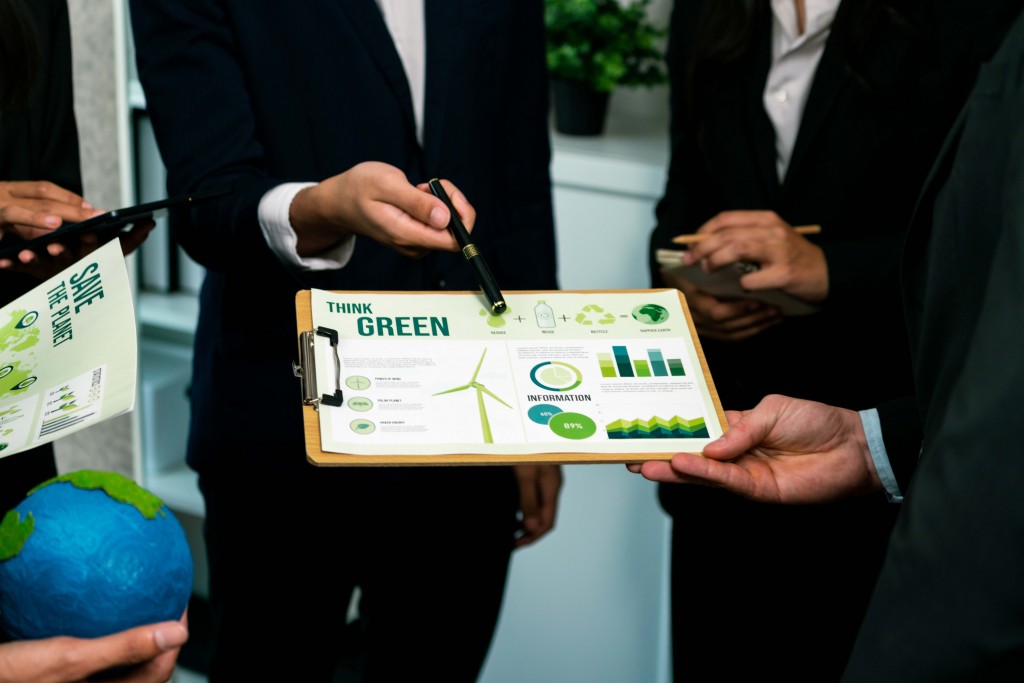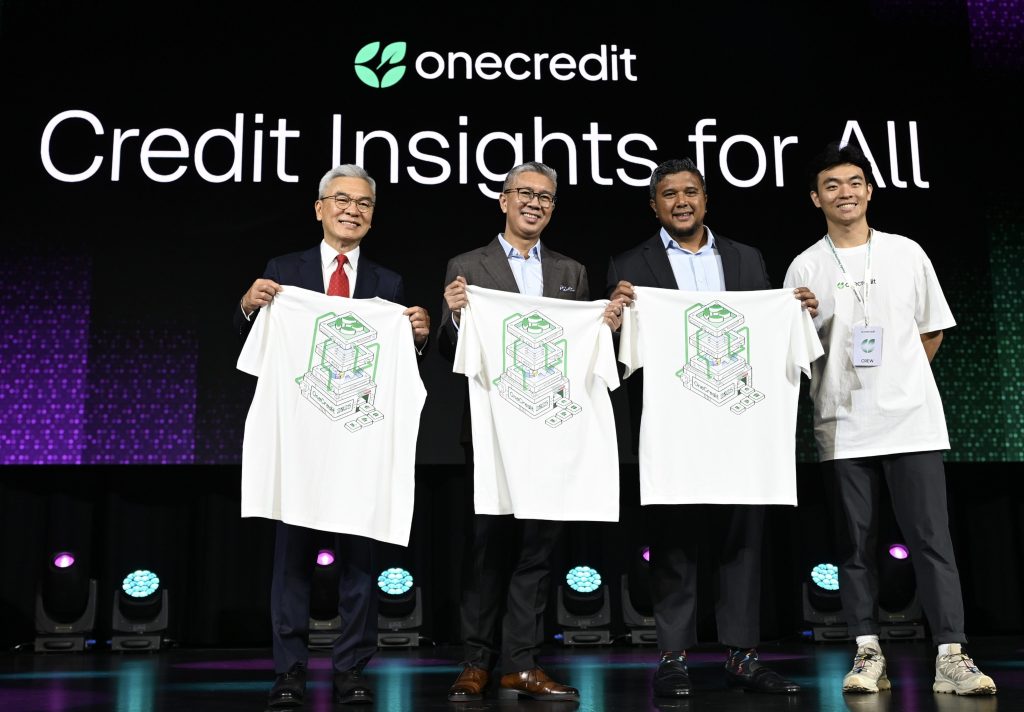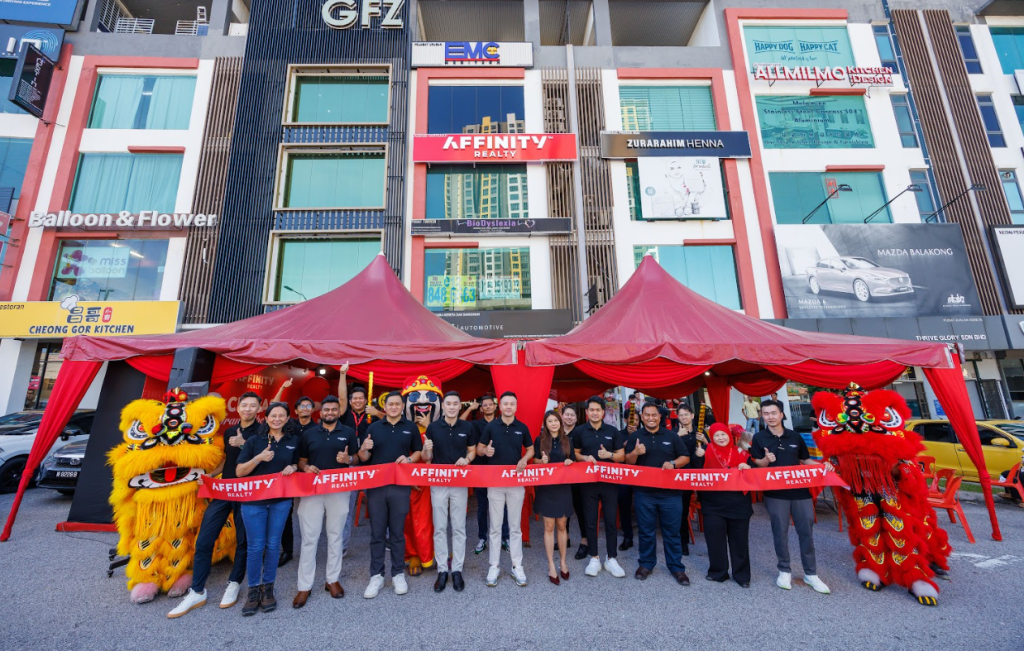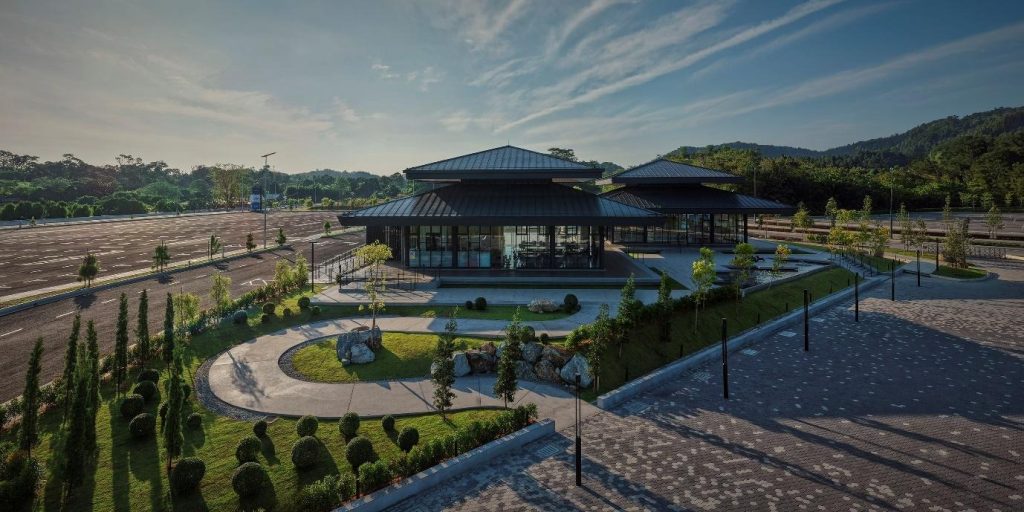By Joseph Wong
A common question surrounding corporate sustainability today is whether companies are genuinely committed to environmental, social and governance (ESG) goals or if their actions are simply a matter of compliance and a pursuit of financial incentives. This question is relevant across multiple sectors, especially the construction and property industries.
For many, the answer is far more nuanced and optimistic. While incentives and regulations may serve as the initial spark, they are ultimately helping to normalise a fundamental shift in business thinking, moving sustainability from a regulatory obligation to a core business strategy.
Schneider Electric Malaysia country president Eugene Quah drew a powerful parallel to the early days of solar energy. A couple of decades ago, solar panels were seen as an expensive, clunky and niche technology that held little appeal for mainstream businesses or home owners. Most were simply not interested. However, the once-prohibitive technology became much more affordable and accessible even as the debate over climate change intensified.
Today, solar is one of the fastest-growing sources of energy globally, not because people are chasing incentives but because the incentives helped normalise a better, more efficient way of doing things. The financial and environmental benefits became so clear that solar became a logical and even a necessary choice.
Schneider Electric sees corporate sustainability in the same light. "What we’re witnessing now is a tipping point," Quah stated. "Companies are realising that sustainability isn’t just a compliance issue; it’s a competitive advantage." This profound shift in perspective is driven by the understanding that a deep commitment to sustainability can drive innovation, build resilience against future risks and create tangible long-term value.
Companies are beginning to see that investing in energy efficiency, waste reduction and sustainable operations is not a cost but a strategic investment that pays dividends in resource savings, improved brand reputation and enhanced customer loyalty.
Bridging the intention-action gap
A recent 2024 Green Impact Gap Survey provides valuable insight into the state of corporate sustainability in Malaysia. The survey reveals a promising but challenging reality. It found that a remarkable 93% of Malaysian businesses have set sustainability goals, a clear indication of widespread recognition and intention. However, the survey also highlights a significant gap between this intention and concrete action. While nearly half of the businesses surveyed (45%) have successfully translated their sustainability goals into actionable strategies, an almost equal number (48%) are still not actively pursuing a comprehensive approach. This intention-action gap is the key challenge that needs to be addressed for Malaysia to achieve its ambitious green targets.
Quah clarified what it means to be in the actionable strategies category, stating that these businesses have moved beyond simple intention. They have taken tangible steps, such as establishing a comprehensive sustainability strategy with measurable targets, implementing a formal corporate social responsibility (CSR) policy and actively participating in industry-wide sustainability initiatives. This commitment to a clear ESG framework shows a level of maturity that is crucial for driving real-world impact.
Despite this progress, businesses are often focused on the short-term. The survey found that 54% of respondents are primarily concentrating on actions for the next four years or less. Quah attributed this short-term thinking to the constant pressure on businesses to deliver quick results with limited resources.
However, he cautioned that this can limit long-term impact and prevent companies from seeing the full benefits of a sustained sustainability journey.
A shared mission
Malaysia’s national goal of achieving net-zero carbon emissions by 2050 is undoubtedly ambitious but Quah believed that it is a realistic target grounded in sound policy and increasing corporate awareness. He pointed to several foundational initiatives already being laid, such as the Energy Efficiency and Conservation Act (EECA), which provides a legal framework for energy efficiency and the National Energy Transition Roadmap (NETR), which outlines a strategic path for the country’s shift towards clean energy.
However, Quah firmly believed that this target cannot be achieved by the government alone. "The path to net-zero is not just a policy ambition but a shared mission," he asserted. Every sector, from manufacturing and commercial buildings to the energy grid itself, must play a part. As a global leader in energy management and automation, Schneider Electric is committed to being a key driver and enabler of Malaysia's sustainable transformation.
Through its advanced digital solutions and deep expertise in energy efficiency, the company is actively helping businesses and communities turn ambition into action. This includes modernising buildings with smart management systems, optimising industrial operations to reduce waste and energy consumption and empowering energy managers with real-time insights to make informed decisions. These efforts are not just about meeting a single target; they are about building a resilient, low-carbon future that benefits all of Malaysia. By bringing together policy, technology and corporate will, the nation is on a solid path to achieving its net-zero goals.
The narrative of corporate sustainability in Malaysia is shifting from one of reluctant compliance to one of strategic advantage. While incentives and regulations may have initially paved the way, the true commitment is now being driven by a growing understanding of the deeper benefits—from improved operational efficiency to enhanced brand value. As more Malaysian businesses close the intention-action gap and embrace a long-term, comprehensive approach, they will not only contribute to the national net-zero mission but will also secure their own place as resilient and competitive players in the global economy.
This article was first published in StarBiz 7 on Sept 27, 2025.
Stay ahead of the crowd and enjoy fresh insights on real estate, property development and lifestyle trends when you subscribe to our newsletter and follow us on social media.











































